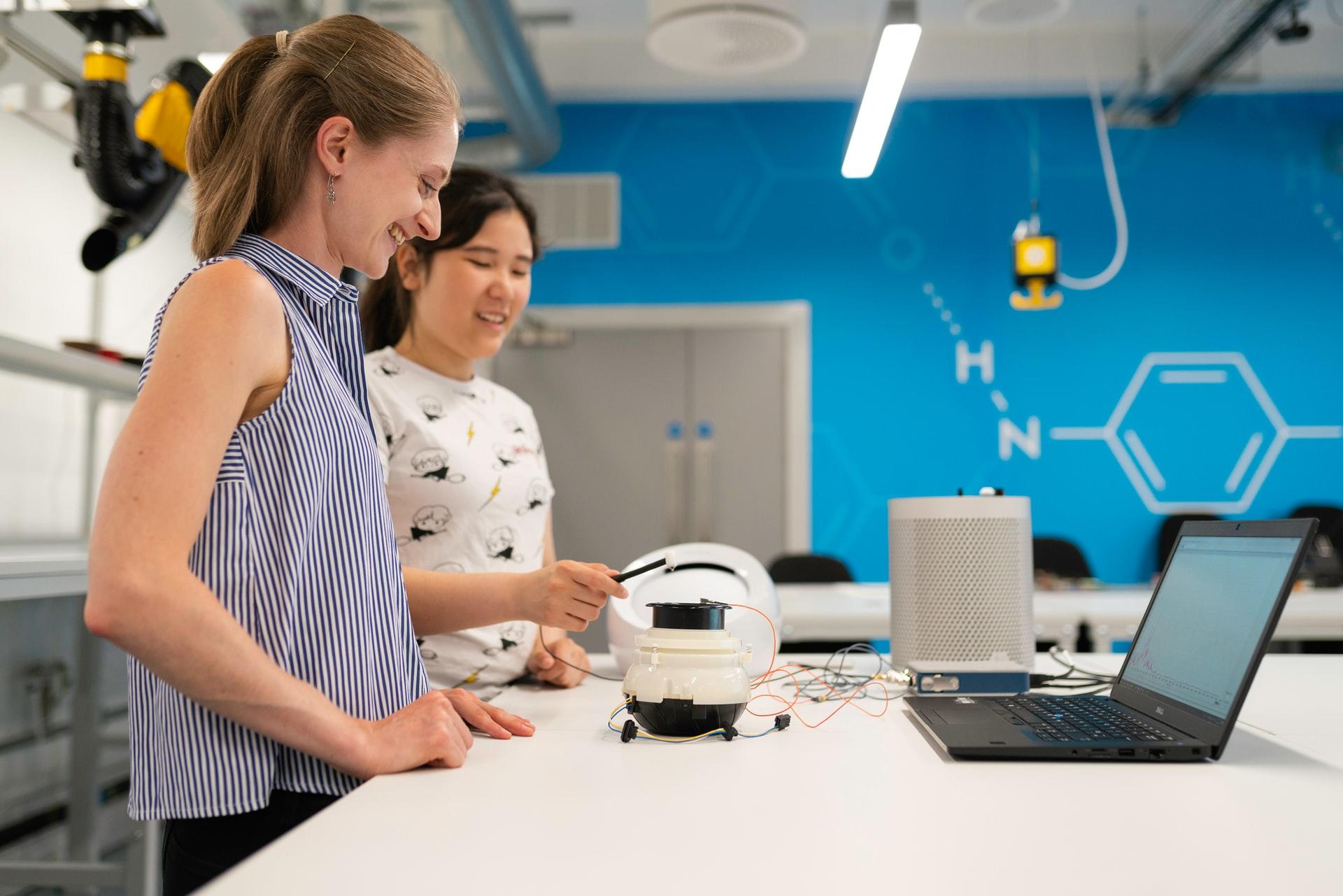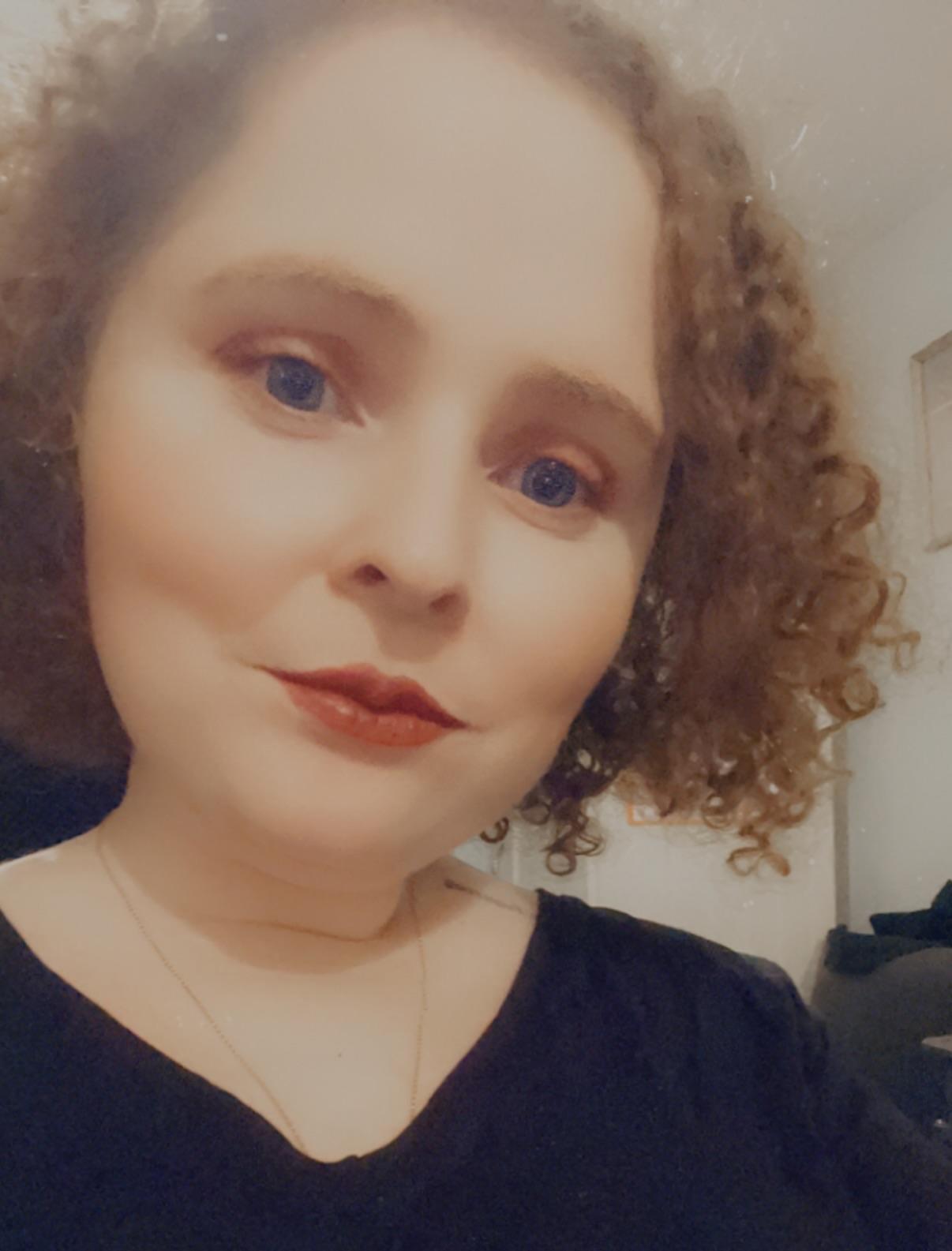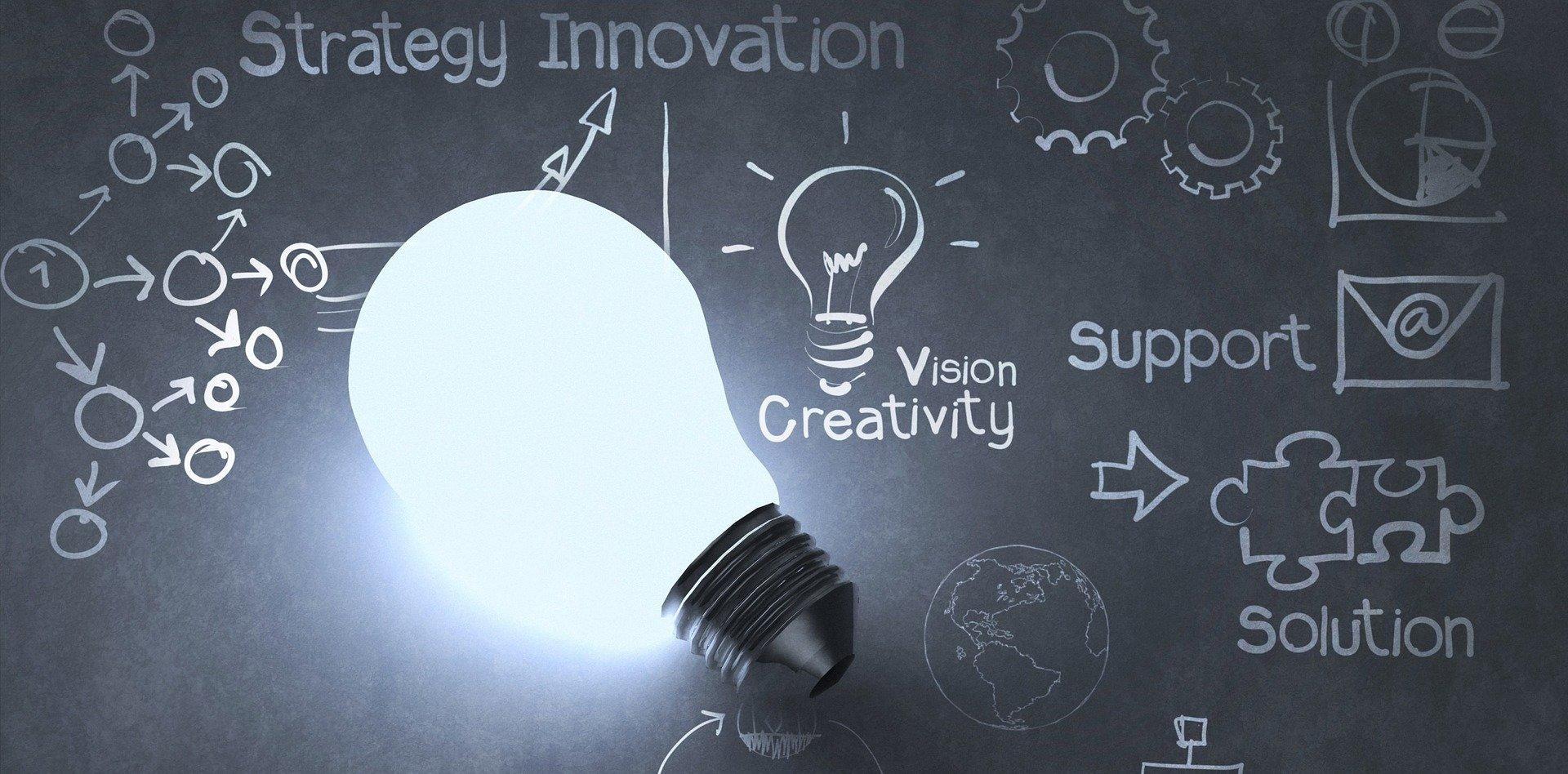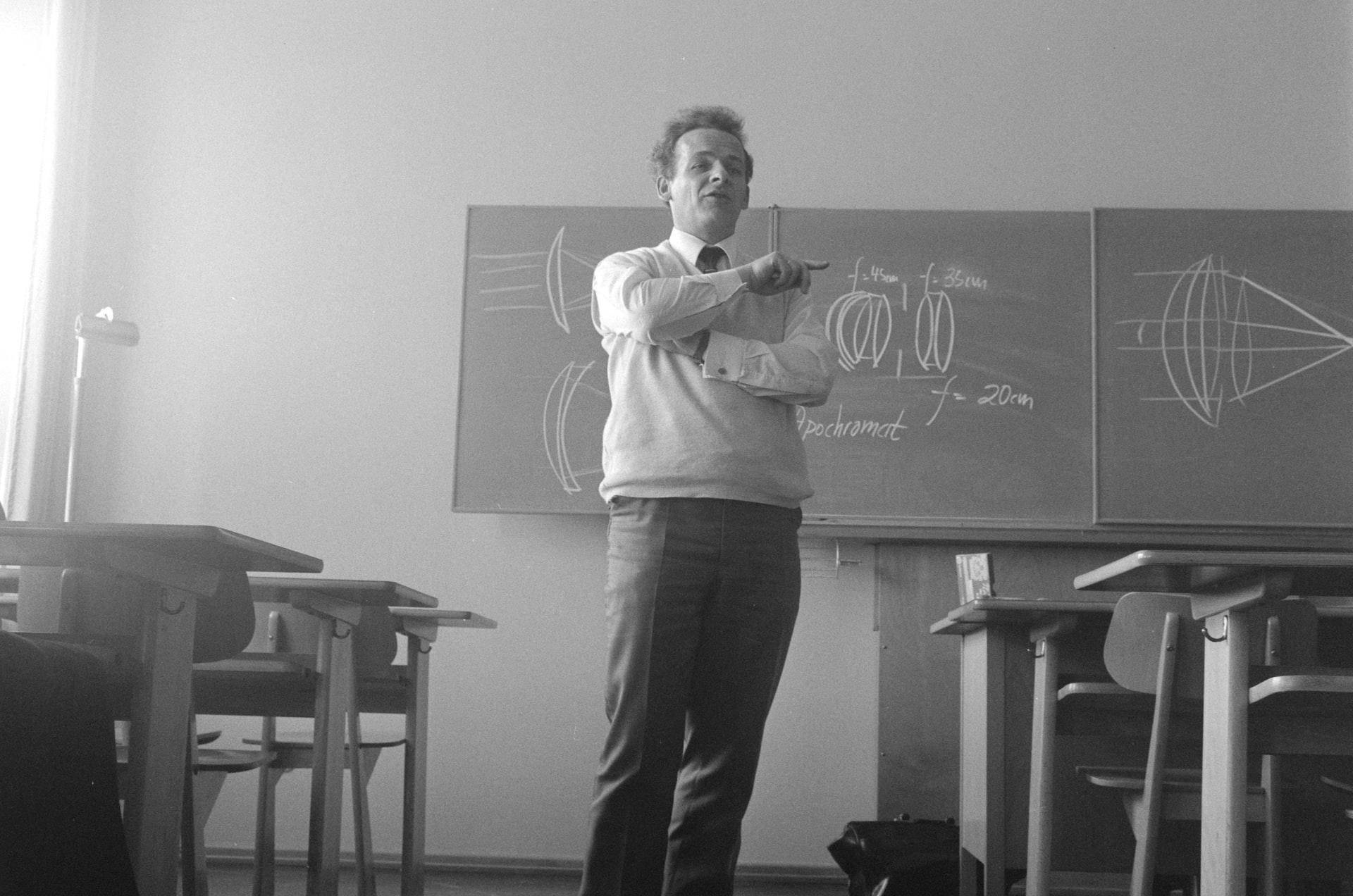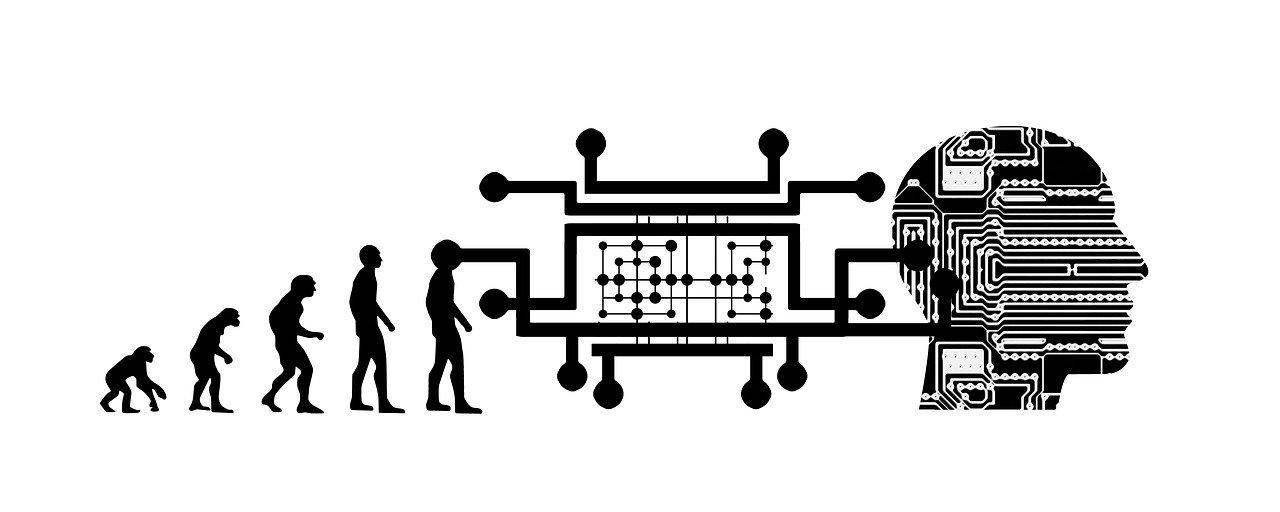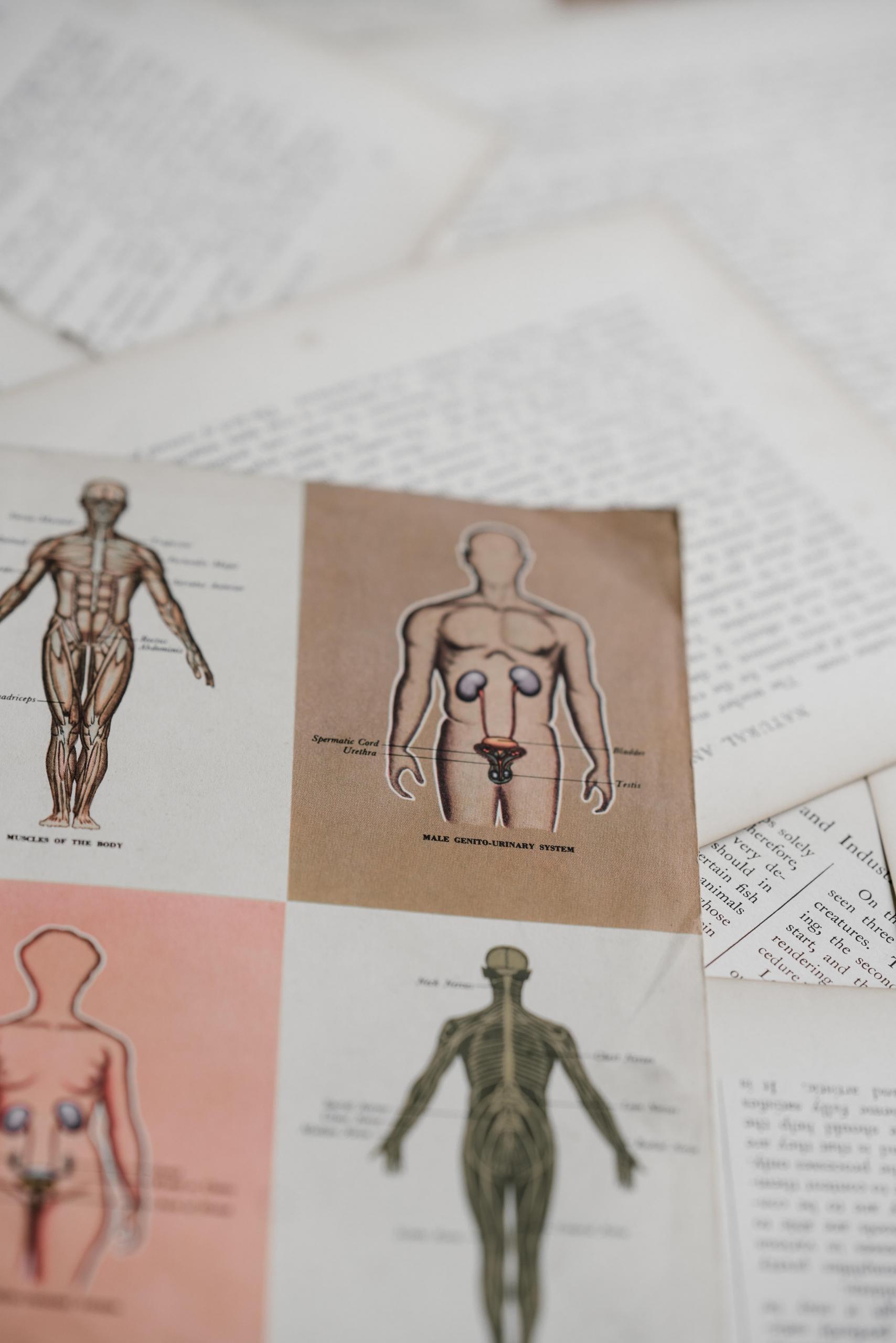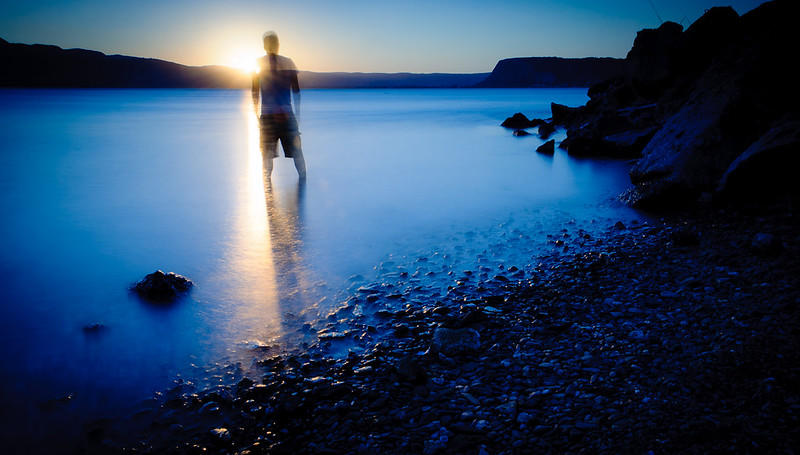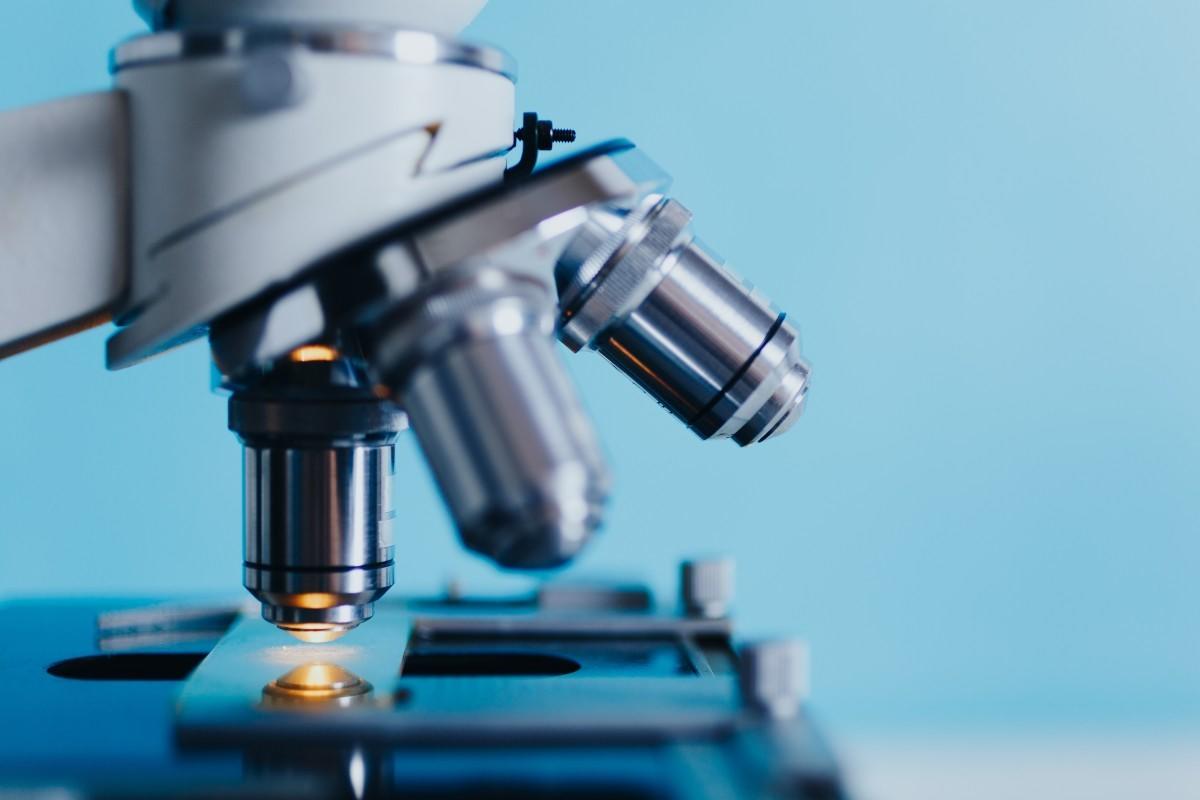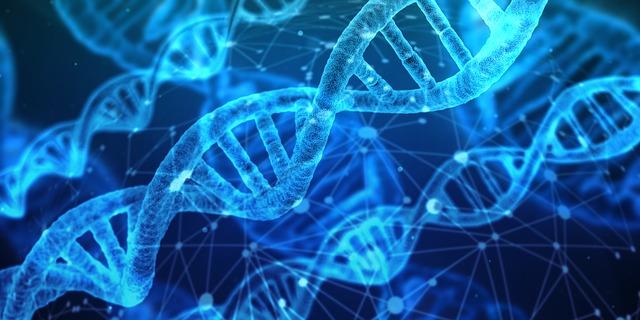Students shouldn’t fear science; after all, science is a part of daily life and can be found all around us. Weather, current events, cooking, and baking are all examples of science at work in daily life. Science class can help students better understand the world around them.
"It is not the strongest of the species that survives, nor the most intelligent, but the one most responsive to change."
Charles Darwin
What is science? Science is not just a neat package of knowledge or a step-by-step approach to discovery. No, science is much more, it is a combination of research and action. It is the study of change but also the creation of said change. Science quite literally gives us the ability to make the impossible, possible. To save lives, even save the world.

Why Study Junior Cycle Science?
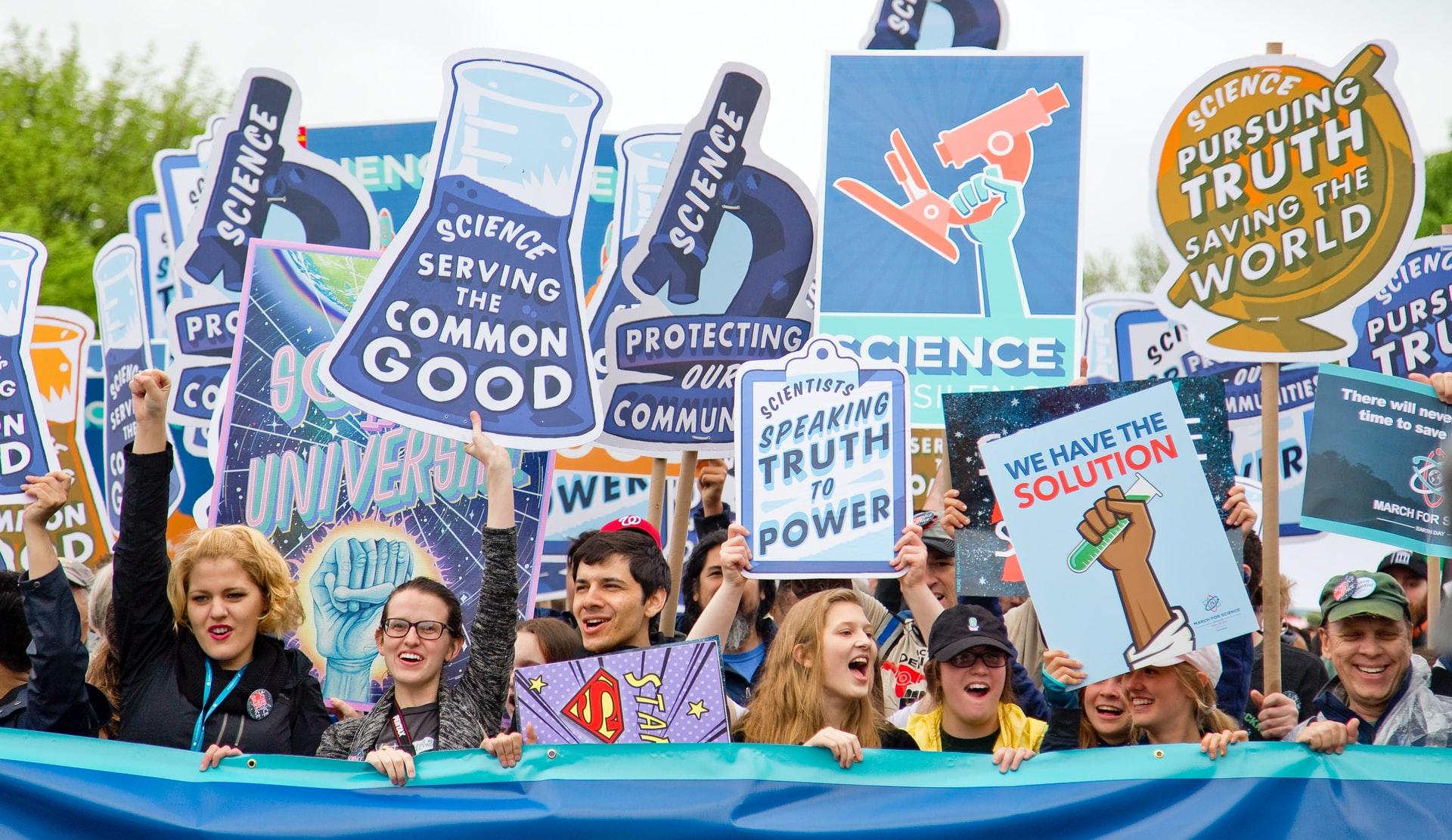
The aim of Science in the Junior Cycle Curriculum is to help students develop an evidence-based understanding of the natural world.
While studying Science at this level, students will gain the ability to gather and evaluate evidence: to consolidate and deepen their skills of working scientifically, which will make them more self-aware as learners and help them to become competent and confident in their ability to use and apply science in their everyday lives.
More specifically the aims of Junior Cycle Science are as follows:
- to develop a sense of enjoyment in the learning of science
- to develop scientific literacy
- to develop a scientific habit of mind and inquiry orientation through class, laboratory and/or off-site activities that foster investigation, imagination, curiosity and creativity in solving engaging, relevant problems, and to improve their reasoning and decision-making abilities
- to develop the key skills of the junior cycle to find, use, manage, synthesise, and evaluate data; to communicate scientific understanding and findings using a variety of media, and to justify ideas based on evidence
- to develop an understanding of Earth and space and their place in the physical, biological, and chemical world and to help establish a foundation for more advanced learning.
"No human investigation can be called real science if it cannot be demonstrated mathematically."
Leonardo da Vinci
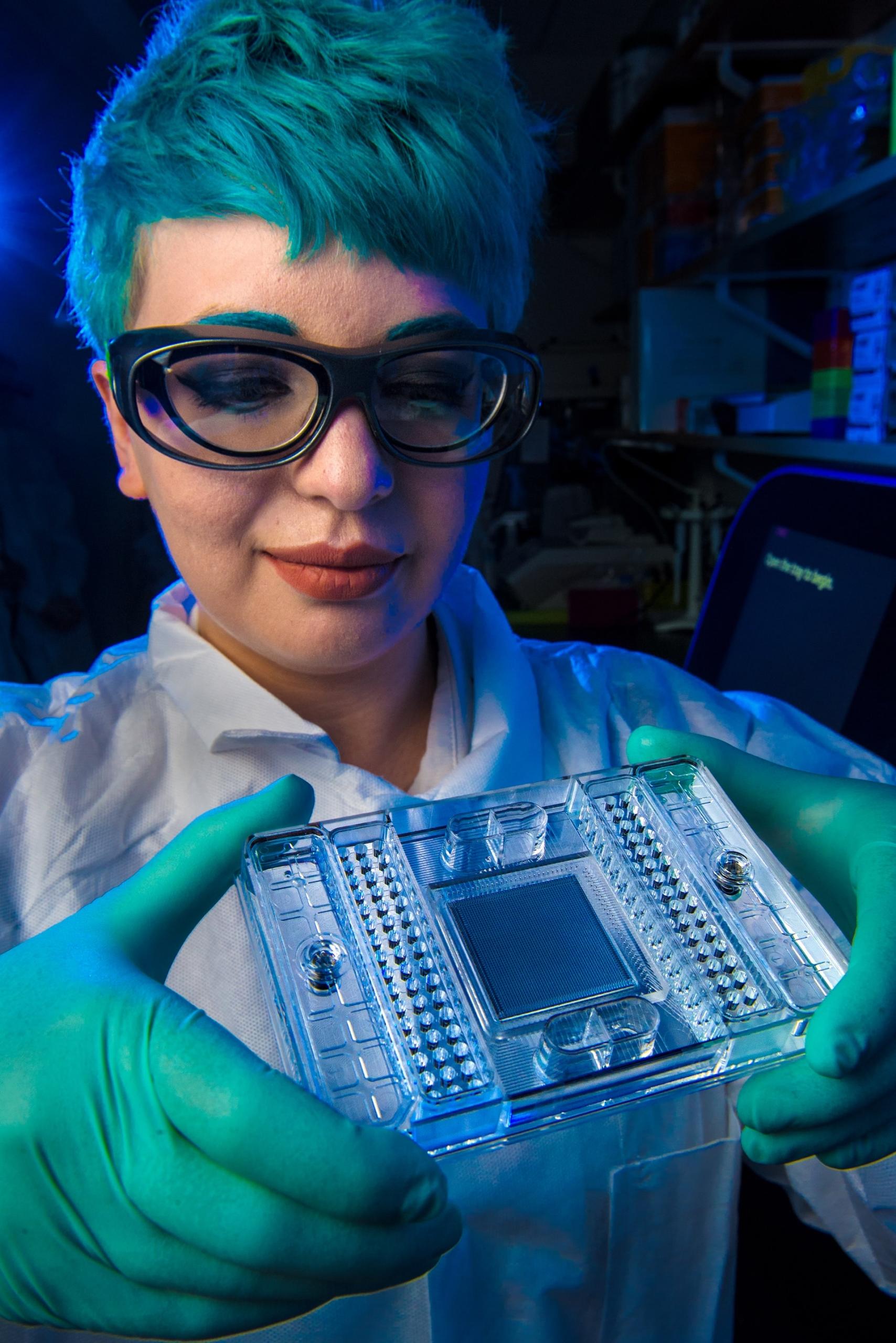
What Will I Learn in Junior Cycle Science?
Junior Cycle Science is broken into the following 5 main strands:
- The nature of science
- Physical World
- Biological World
- Chemical World
- Earth and Space
Junior Cycle Science allows students to develop a basic understanding of each of the above subjects. Even outside of the classroom your study of Junior Cycle Science will continue! Your class will go on, research and discovery field trips, do out of class experiments and may even take part in out of school competitions. For studying this subject you can find extra material everywhere, in fact, the number of resources for each strand available online and in libraries are endless.
Junior Cycle Science Exams
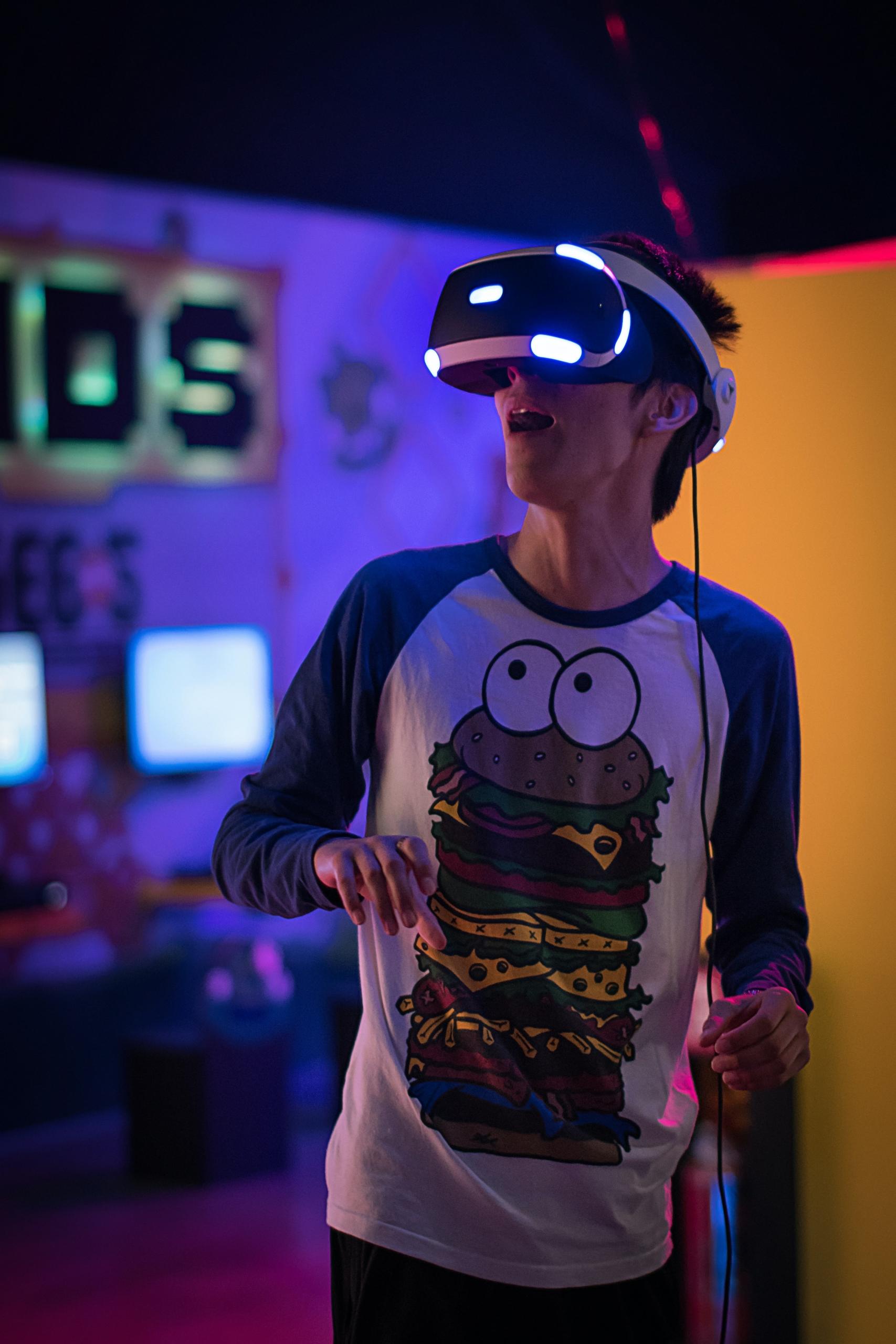
As with most of the subjects at junior cycle, the science curriculum places a strong emphasis on assessment as part of the learning process. Most of these assessments are Classroom-Based, meaning that they will take place during the school year. Classroom-Based Assessments offer students the chance to demonstrate their achievements as creators of scientific research reports by selecting a topic or problem to investigate
Classroom-Based Assessments, link to important aspects of that development and relate to priorities for learning and teaching such as investigating, and communicating in science, while at the same time developing their knowledge and understanding of science, which are vital to working as a scientist.
Students will demonstrate a sense of what is appropriate for scientific investigation and research, plan and conduct investigations and research topics, process and analyse data and information, draw evidence-based conclusions, evaluate the process, and prepare scientific communications.
There will be one examination paper at a common level, set by the State Examinations Commission. The exam will be two hours in duration and will take place at the end of third year. During this assessment, students will be required to engage with, demonstrate comprehension of, and provide written responses to stimulus material. The content and format of the final examination will vary from year to year.

"The scientific mind does not so much provide the right answers as ask the right questions."
Claude Levi-Strauss
4 Tips for Studying Science at Junior Cycle
Science is such a vast and interesting subject however some people can find the sheer variety of topics covered to be a bit intense, so below I have listed a few tips to help you study science more confidently.
- Learn more than what's in your textbook - as mentioned science is such a vast subject, in fact, it breaks into three subjects after the junior cycle so it only makes sense that you investigate some of the resources outside of the classroom. Just some of the ways you can study science outside of the classroom include watching videos, listening to podcasts, watching National Geographic, going to museums and you can even try out small safe experiments at home.
- Taking notes - okay so this piece of advice goes for pretty much every subject, taking notes that are clear and easy to understand when you're revising will really help you to grab the concepts, theories and formulas which you may learn about in your science classes but also anything you may learn outside of the classroom it is important to make a little note that you can come back to later for a reference.
- Prepare and participate - as junior cycle science is a subject largely based around classroom assessment, it is important to prepare for each of these assessments as your grade for each of them will count towards your overall junior cycle science grade. It's also really important to participate in any and all experiments that take place in your science classes. Yes, science is largely based on theory and research however it is also very much an activity-based subject, and if you want a STEM career, these experiments will be just the beginning of many to come.
- Boost Math Skills. Much like maths, science relies on problem-solving and understanding equations. Word problems are especially important as students collect numbers from experiments but need to know whether to add, subtract multiply or divide. In fact, the junior cycle project maths and the junior cycle science course really work well together.
When it comes to understanding basic scientific principles if students are struggling Superprof have tutors available to help. You can choose your tutor from a large selection, you can also pick times that suit you and take as many or as few revision/preparation classes as you need. Superprof tuition starts from just €10 per lesson, are available online and can take place to suit your timetable, which makes them accessible, affordable and convenient!
If science seems like something you'd be interested in learning more about, no matter what age you are, there's magazines and newspapers filled with fascinating articles from new breakthroughs and discoveries to tips for using 'everyday science hacks', my personal favourite is Latest Science.
Summarise with AI:

